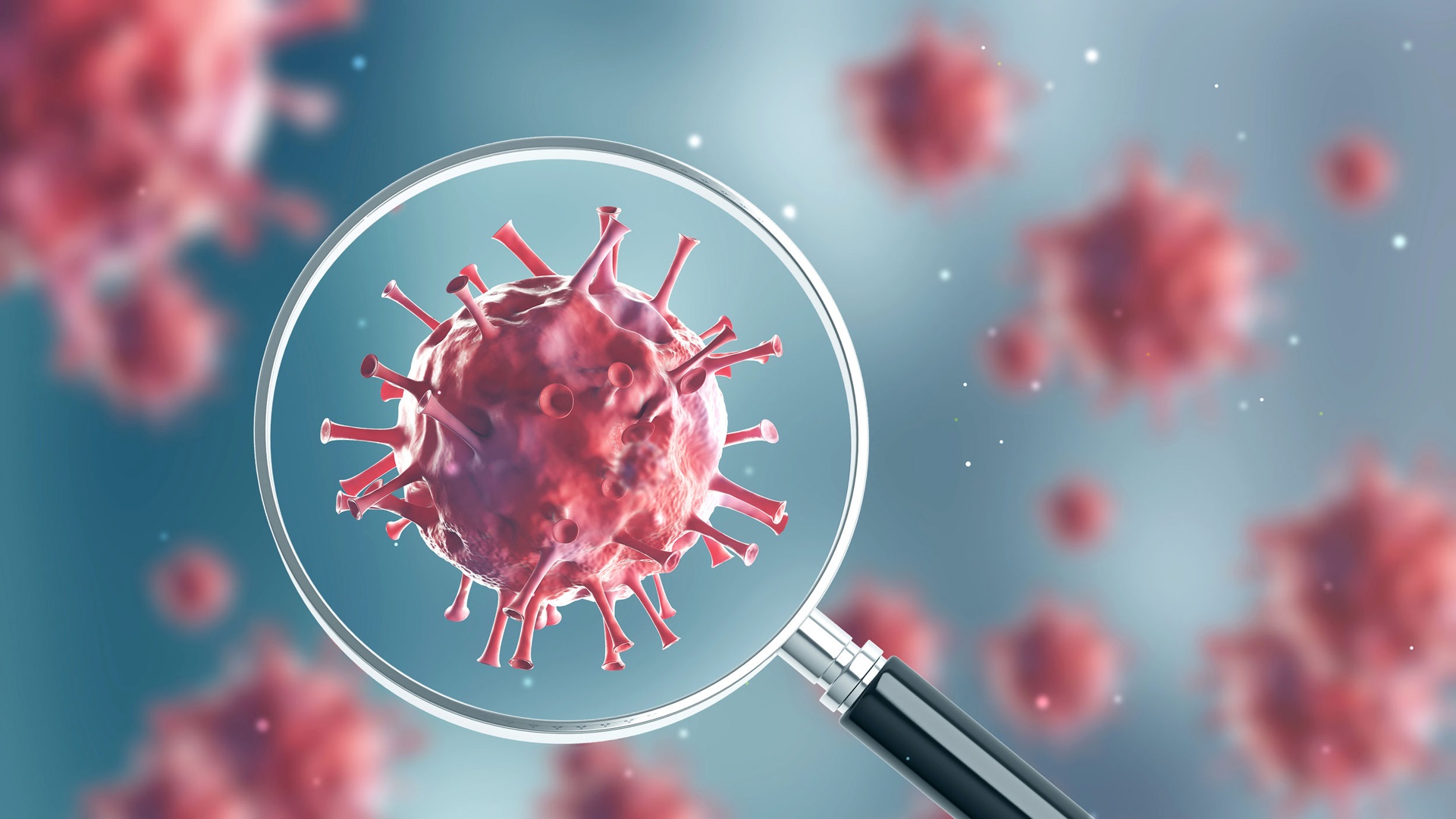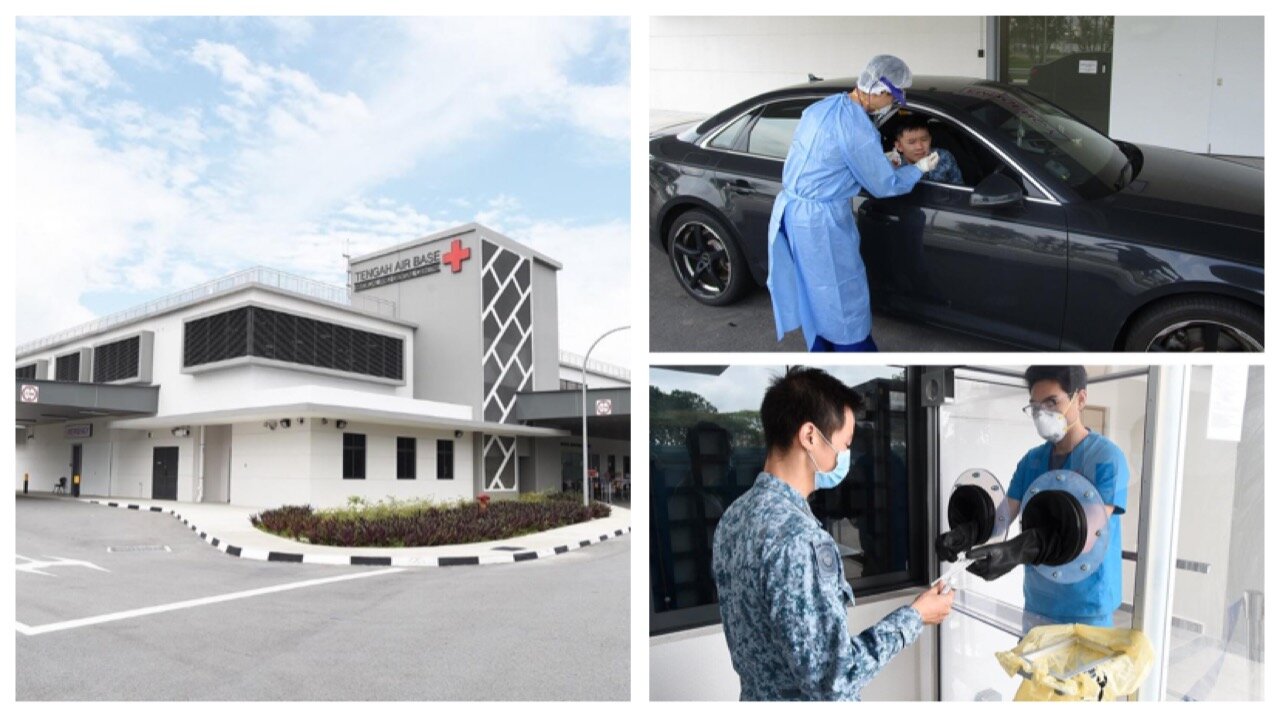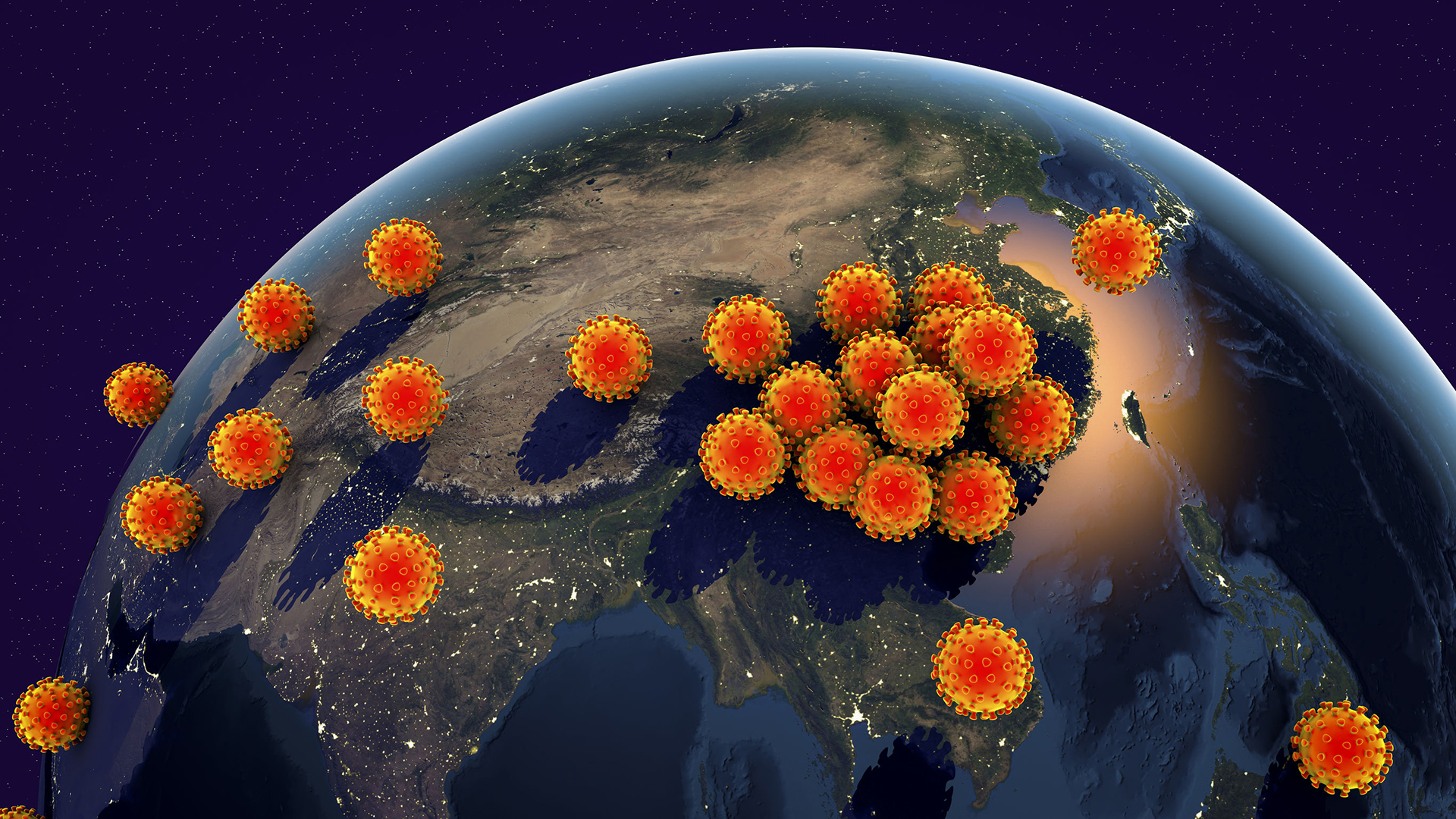WHO Holds Back Declaring Coronavirus A Global Health Emergency
A mysterious new coronavirus is spreading across China, causing cases of severe pneumonia that have begun spreading to other countries as well.
In layman’s terms, coronaviruses are a large family of viruses which cause illnesses ranging from the common cold to more severe diseases like SARS. This new coronavirus originated in Wuhan, where a now-closed local seafood market is suspected of being at the centre of the outbreak. Since the first reports of the Wuhan coronavirus on 31 December last year, there have been over 570 confirmed cases and 17 reported deaths, with the virus having spread to Thailand, Japan, Macau, South Korea, Taiwan and the United States as well.
At present, the World Health Organization has yet to declare the Wuhan coronavirus a global health emergency, citing the need for more information. Past global health emergencies include the 2009 H1N1 swine flu outbreak, as well as the 2016 Zika virus and the 2014 and 2019 Ebola outbreaks.
Common symptoms of the Wuhan coronavirus include fever, cough, shortness of breath, breathing difficulties, gastro-intestinal symptoms and diarrhoea. In severe cases, it has also been known to cause pneumonia, severe acute respiratory syndrome (SARS), kidney failure and even death. Currently, there are no vaccines or antiviral drugs available for these viruses, though the individual symptoms can be treated.
Although there have been no confirmed cases of the coronavirus in Singapore yet, the Ministry of Health (MOH) has urged the public to remain vigilant and adopt good personal hygiene practices to safeguard their health. Those travelling to China should also monitor their health closely, seek prompt medical attention if they feel unwell and inform their doctor of their travel history.
Members of the public should adopt the following precautions at all times:
- Avoid contact with live animals including poultry and birds, and consumption of raw and undercooked meats;
- Avoid close contact with people who are unwell or showing symptoms of illness;
- Observe good personal hygiene;
- Practise frequent hand washing with soap (e.g. before handling food or eating, after going to toilet, or when hands are dirtied by respiratory secretions after coughing or sneezing);
- Wear a mask if you have respiratory symptoms such as a cough or runny nose;
- Cover your mouth with a tissue paper when coughing or sneezing, and dispose the soiled tissue paper in the rubbish bin immediately; and
- Seek medical attention promptly if you are feeling unwell.
Minister for Health Mr Gan Kim Yong this evening announced that a multi-ministry taskforce has been set up to coordinate...
Posted by Ministry of Health, Singapore on Wednesday, January 22, 2020
MOH has also undertaken additional precautionary measures to reduce the risk of the virus being imported to Singapore by international travellers, such as setting up a ministerial taskforce to coordinate efficient societal response to the coronavirus situation, as well as implementing temperature screening of all inbound travellers on flights from China arriving at Changi Airport.
In addition, persons who are found to have fever or pneumonia and travel history to China within 14 days before onset of symptoms, as well as persons with acute respiratory infection who have been to any hospital in China within 14 days before onset of symptoms, will be quarantined in hospital as a precautionary measure to prevent transmission.
For the latest updates on Wonderwall.sg, be sure to follow us on Facebook and Instagram. If you have a story idea for us, email us at [email protected].











